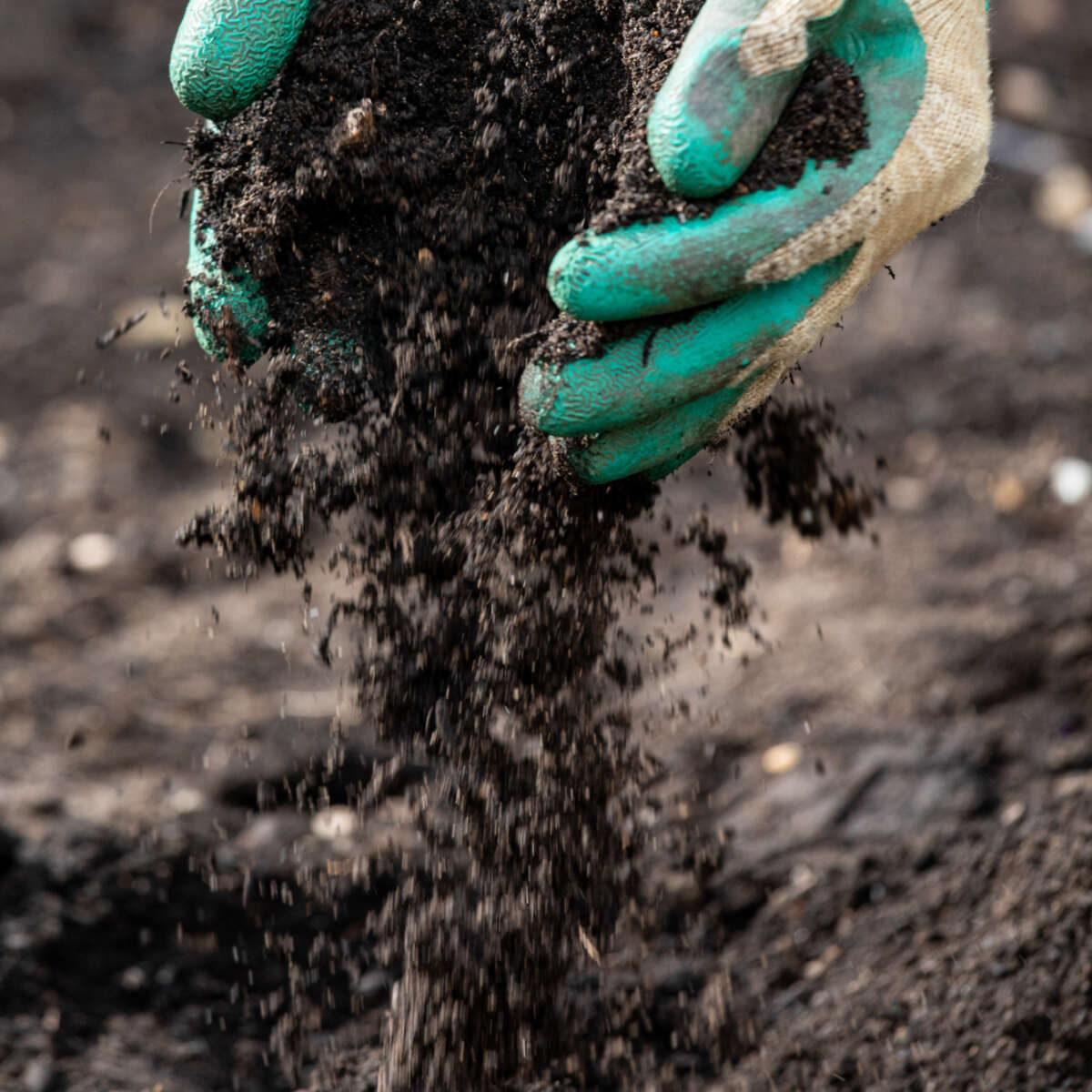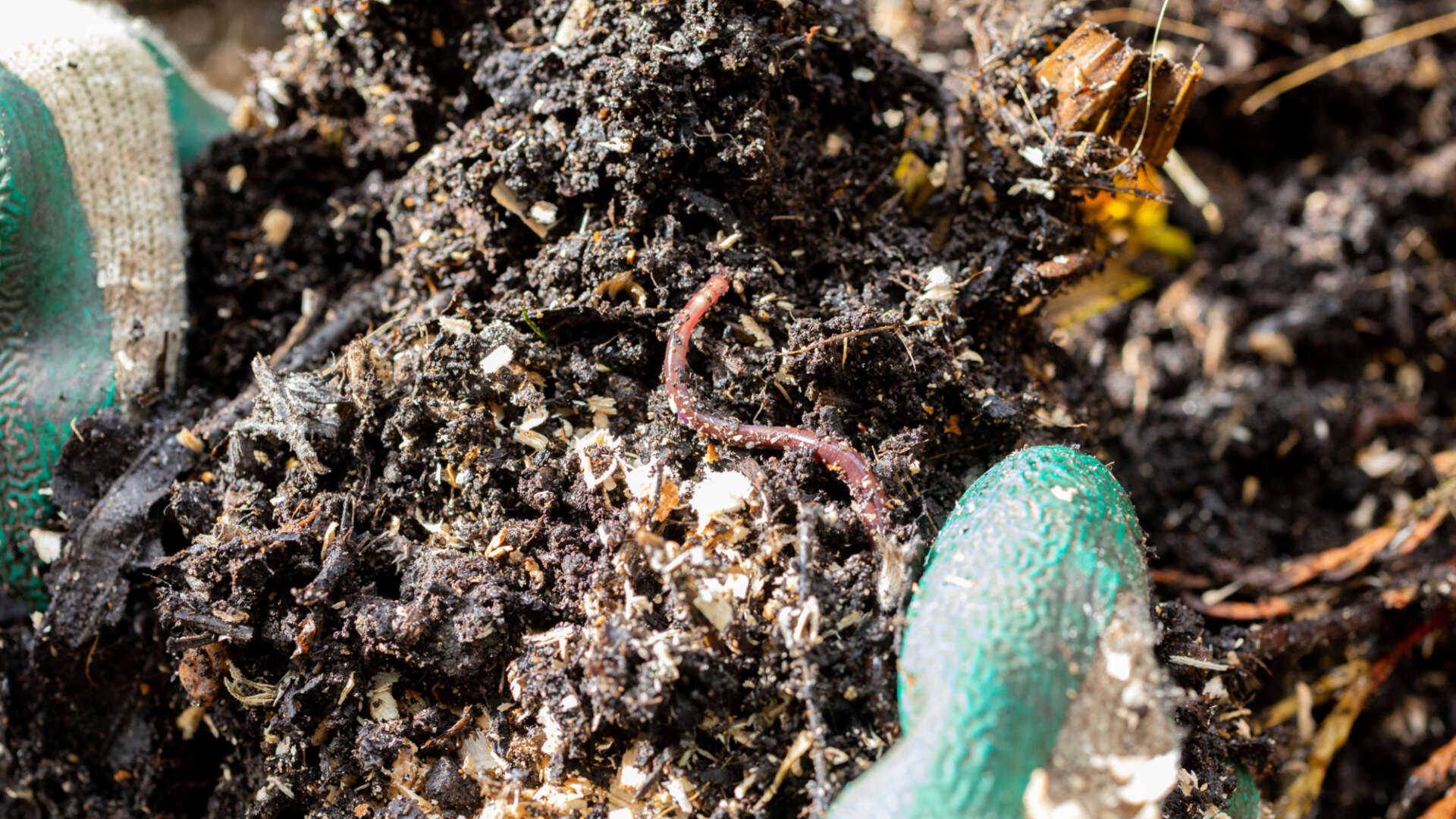
Build and maintain soil health
A healthy soil is the basis for growing healthy plants and food.
The organic way of feeding the soil, rather than the plant, ensures the best results for flowers, fruit and vegetables.
The earth you grow in should be teeming with life – worms, fungi, bacteria and other microscopic creatures. These help create its structure and fertility; key components for creating the right environment for plants to root well and gain nourishment. If you look after your soil organically, you will be supporting the activity of these vital creatures, and improving their diversity.
Crucially, you will be avoiding activities that disrupt or harm the soil’s rich ecosystem.
The four main methods to build the perfect soil are:
- Add compost and other bulky organic materials – this not only adds nutrients but also helps create a good structure for plant roots to penetrate.
- Minimise digging to avoid disturbing the complex soil life.
- Plan your planting to make best use of the soil’s nutrients and to avoid build-up of pests and diseases.
- Grow certain plants, such as green manures, which hold nutrients in the soil and can help suppress weeds.
In our booklet The Principles of Organic Gardening - Build and maintain soil health, we apply the organic principles to:
- Soil cultivation techniques — get to know your soil and how to manage it
- Soil improvers — using homemade compost and manures
- What plants grow in — using homemade and commercial off-the-shelf mixes, seed and potting compost
- Fertilisers, liquid feeds and tonics — what to add and when
Download booklet 1

The soil you grow in should be teeming with life for structure and fertility